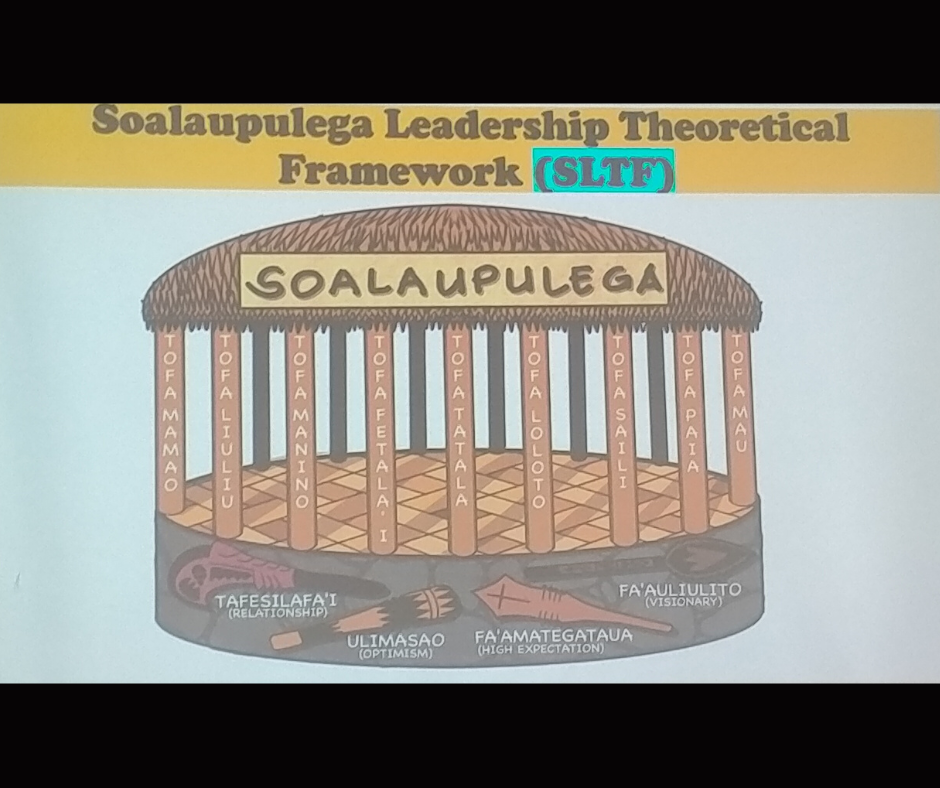Effective educational leadership characteristics that bring about changes in schools that support Pacific children to make a better start in their learning, health and well-being.
This research investigates the Pacific narrative of Pacific peoples’ migration to Aotearoa. They left behind their aiga (families), fanua (lands), nu’u (villages) and traditional ways, but migrating with commitment and aspirations for their children to have an education that would lead to better employment and a positive future. However, the children of many of these Pacific migrants have experienced underachievement in the New Zealand education system, the realities of which can result in poverty, low-paid jobs, high unemployment, poor health, a high incidence of youth suicide and poor housing. These issues have motivated Pacific families and communities to work collaboratively with schools to ensure their children make a better start for their learning, health and well-being, a pathway to securing a better future for their children.
The impact of poor education on the lives of Pacific children and their families requires specific detailed Pacific research to contribute to seeking solutions to the seriousness of poor education that impacts on the lives of Pacific students and their families and communities.

